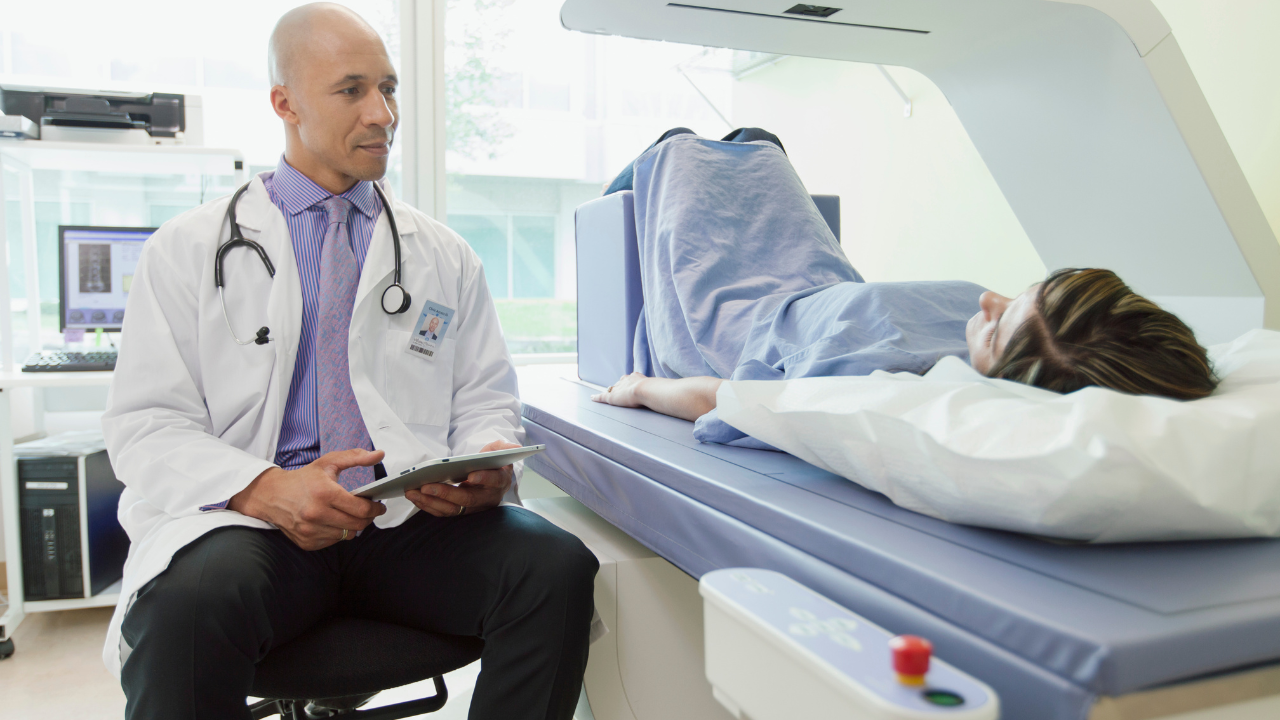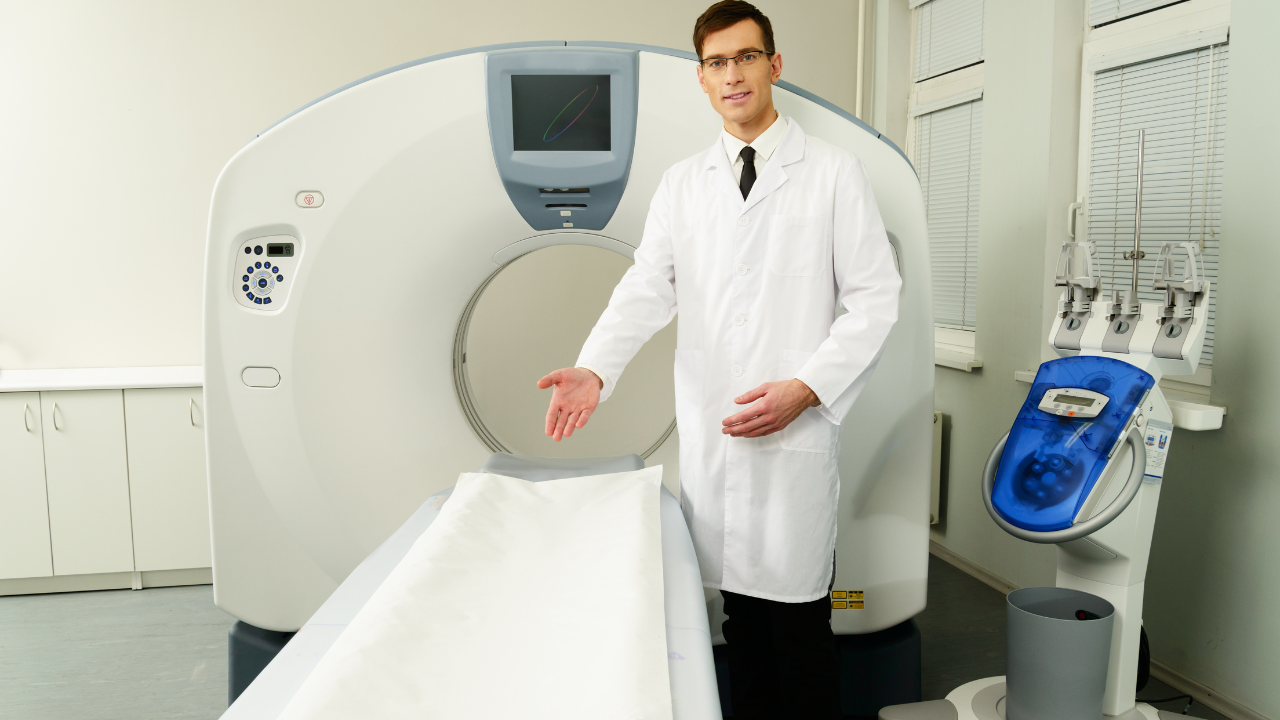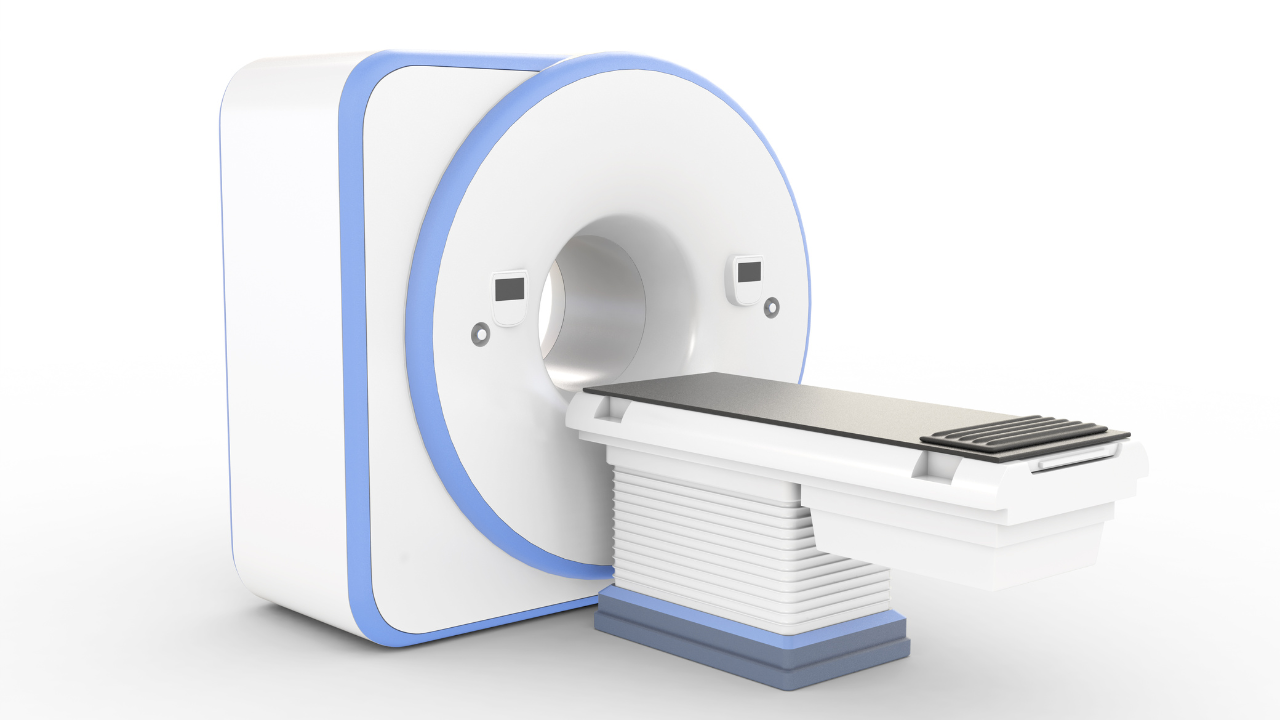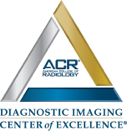Blog and News

Yes, you can enhance your bone density scan outcomes through several lifestyle changes and treatments. Incorporating a diet rich in calcium and ensuring adequate vitamin D intake are crucial. You need 1000-1200 mg of calcium daily from sources like dairy, leafy greens, and fortified milks. Vitamin D, synthesized through sunlight exposure, enhances calcium absorption and supports bone health. Regular weight-bearing exercises, such as walking or strength training, stimulate bone formation and increase skeletal strength. Avoiding smoking and excessive alcohol consumption, which impair bone health, is also beneficial. Additionally, medications like bisphosphonates or hormone replacement therapy can further improve bone density. Exploring these adjustments offers further insights into optimizing bone health.
Key Takeaways
- Incorporating calcium-rich foods and vitamin D can significantly enhance bone density.
- Regular weight-bearing exercises stimulate bone formation and strengthen bones.
- Avoiding smoking and excessive alcohol intake helps maintain optimal bone health.
- Medications like bisphosphonates and denosumab improve bone density by affecting bone metabolism.
- Calcium and Vitamin D supplements are effective in supporting bone health and preventing deterioration.
Calcium-Rich Diet Impact
Incorporating calcium-rich foods into your diet can significantly enhance bone density, a critical factor in preventing osteoporosis. As you seek to serve and care for others, understanding the importance of a diet high in calcium is paramount.
This mineral is essential for maintaining the structural integrity of bones and teeth. Adults typically require about 1000 mg to 1200 mg of calcium per day, which can be met through various dietary sources.
Dairy products like milk, cheese, and yogurt are well-known for their high calcium content. However, if you're lactose intolerant or vegan, you can turn to alternatives such as fortified plant-based milks, tofu prepared with calcium sulfate, and leafy green vegetables like kale and broccoli. It's also beneficial to include foods like almonds and canned sardines with bones, which offer additional calcium.
The bioavailability of calcium from these sources varies, meaning the extent to which the body can absorb and utilize the mineral differs. For instance, calcium from dairy products is more readily absorbed compared to that from plant sources, which may also contain oxalates and phytates that inhibit calcium absorption.
To maximize the benefits, you should consider the total dietary context and the interactions with other nutrients, ensuring a balanced intake that supports overall bone health and effective prevention against bone-related diseases.
Benefits of Vitamin D
Vitamin D plays a crucial role in enhancing calcium absorption, thereby significantly boosting bone health. You, concerned with serving the well-being of yourself and others, should understand how indispensable this nutrient is in maintaining and improving bone density. Vitamin D facilitates the absorption of calcium from your diet into the bloodstream, a pivotal step for bone formation and repair. Without sufficient vitamin D, your body can't absorb enough calcium, regardless of how much you consume, leading to softer bones, a condition known as osteomalacia in adults.
Moreover, vitamin D deficiency has been linked with an increased risk of bone fractures. By ensuring you have adequate levels of vitamin D, you're not only improving your bone density but also reducing the risk of fractures, which is particularly crucial as you age. The body synthesizes vitamin D primarily through exposure to sunlight, making it challenging during winter months or in regions with limited sunlight.
Additionally, research suggests that vitamin D plays a role in muscle function, and adequate levels can prevent falls, another risk factor for bone fractures. Thus, maintaining optimal vitamin D levels is a multifaceted approach to enhancing overall bone health and stability, crucial for anyone dedicated to caring for their physical well-being and that of others.
Exercise for Bone Strength
Engaging in regular weight-bearing exercises significantly strengthens bones by stimulating bone formation and slowing bone loss. When you're committed to enhancing your bone health, incorporating specific types of exercise can be a pivotal component of your regimen. It's imperative to understand how mechanical stress modulates skeletal structure and encourages the deposition of new bone material.
Consider these key activities to fortify your skeletal system:
- Walking or Jogging: These simple yet effective exercises apply a healthy amount of stress on your bones, particularly in the spine and legs, promoting bone density.
- Strength Training: Utilizing weights or resistance bands helps build not only muscle but also bone strength by exerting pressure that stimulates osteoblastic activity.
- Dancing: This enjoyable activity isn't just a heart-raiser but also challenges various bones throughout the body, enhancing coordination and bone strength simultaneously.
- Tennis or Basketball: Sports involving quick starts and stops provide dynamic impact forces that are beneficial in strengthening bone structures.
Each exercise type offers unique benefits, ensuring comprehensive engagement of different bone areas. You're not just investing in your current health but also preventing future bone-related ailments. By advising and embracing these practices, you're serving not only yourself but also setting a foundation for others to follow.
Smoking and Alcohol Effects
While exercise can bolster bone strength, smoking and excessive alcohol consumption severely undermine bone health, increasing the risk of osteoporosis. Smoking, in particular, is detrimental as it reduces blood supply to your bones, slows the production of bone-forming cells, and impairs the absorption of calcium — crucial for bone strength. The toxic chemicals in cigarettes trigger a chain reaction of increased oxidative stress and inflammation, further weakening bone structure.
Excessive alcohol intake, on the other hand, interferes with the balance of calcium and the production of hormones necessary for bone health, such as vitamin D and estrogen. It also activates osteoclasts — cells that break down bone tissue — leading to increased bone loss. Regular heavy drinking, defined as more than two drinks a day for men and one drink a day for women, can significantly decrease bone density and increase your fracture risk.
To protect and enhance your bone health, it's vital to consider quitting smoking and moderating alcohol consumption. These lifestyle adjustments not only improve the efficacy of any bone density treatments but also contribute significantly to your overall well-being, allowing you to serve others with greater vitality and resilience.
Medications and Supplements
In addition to lifestyle changes, incorporating specific medications and supplements can significantly enhance bone density and overall skeletal health. You're likely aware that maintaining bone health is crucial, particularly as you age. Here's how you can utilize medications and supplements to possibly improve your bone density results:
- Bisphosphonates: These are the front-line medications prescribed to prevent the loss of bone mass. They work by inhibiting the activity of cells that cause bone breakdown, thus maintaining or increasing bone density.
- Calcium and Vitamin D supplements: Calcium plays a critical role in building and maintaining strong bones, while Vitamin D improves calcium absorption from the diet. Insufficient levels can lead to diminished bone density, increasing the risk of fractures.
- Hormone Replacement Therapy (HRT): Especially relevant for postmenopausal women, HRT can help counteract the sharp decline in estrogen that can lead to bone loss. However, it's essential to discuss the benefits versus risks with your healthcare provider.
- Denosumab: This is a newer class of drugs used to treat osteoporosis. It functions by blocking a protein involved in bone resorption, thereby helping to prevent bone loss.
Frequently Asked Questions
Can Stress Levels Affect Bone Density Results?
Yes, your stress levels can indeed affect bone density results. Chronic stress disrupts hormone balance, potentially leading to bone loss. Managing stress through mindfulness or therapy could positively impact your bone health.
How Does Sleep Quality Impact Bone Health?
Just like a peaceful night recharges your phone, quality sleep recharges your bones. It enhances bone repair and regeneration, crucial for maintaining bone density and overall skeletal health in your service to others.
Is There a Genetic Predisposition to Low Bone Density?
Yes, you're genetically predisposed to low bone density if it runs in your family. Understanding your genetic risk helps tailor prevention strategies, ensuring you're proactive in maintaining strong, healthy bones throughout life.
Can Hormonal Changes Alter Bone Density Outcomes?
Like a thermostat adjusting room temperature, hormonal changes can significantly impact your bone density. Fluctuations in estrogen or testosterone levels, in particular, play a crucial role in bone metabolism and density outcomes.
How Does Age Specifically Affect Bone Density Readings?
As you age, your bone density typically decreases, making readings lower. This natural decline means staying proactive with health strategies is crucial to maintain or improve your bone strength.






